‘The Anglo-Irish, their tribe, are dying. . . . They will go without a struggle, unlamented,’ Christopher Bland, 76, declares at the outset of his exciting, poignant and ultimately consoling debut novel. He refers particularly to the Protestant landed gentry, who achieved political and economic ascendancy in Ireland even before the Penal Laws disenfranchised and dispossessed the Catholic majority, until, in the 20th century, rebellion and civil war brought about independence, with incomplete national unity.
Everyone in Ireland of mixed English and Irish parentage, on every social level, is Anglo-Irish; however, Bland is most concerned with the history of the declining power and eventual more or less harmonious assimilation of the exalted ancient families that did not surrender their privileges without a bitter struggle and lamentation.
Bland’s own family was one of the few that once enjoyed dominant status in Ireland. Blands migrated from Yorkshire to County Kerry in the 17th century, and at one time possessed 25,576 acres there. Some of the proprietors were distinguished clerics in what became the Church of Ireland. Blands built Derriquin Castle, a Victorian extravagance overlooking the Kenmare River in south-west Kerry, which was burned in 1922, during the Troubles, and razed in 1969 to make way for a car park
Christopher Bland’s inherited Anglo-Irish identity was tilted towards Englishness by education at Oxford and a series of chairmanships (BBC, BT and the Royal Shakespeare Company), service whose public importance was honoured with a knighthood.
Even so, it should be remembered that he fenced for Oxford and was a member of the Irish Olympic fencing team. Lingering ambivalent loyalties have enabled him to write about Ireland’s passionate clannish rivalries with the balance of dual empathies, fortified by heroic sangfroid. In fluently readable, sturdy and elegant prose of almost superhuman fairness, he tells of Irish and British violence provoking violence, vengeance provoking vengeance: arson, ambushes, hostage-taking, beatings, murders and executions. Thank heaven for occasional romantic interludes, with the alleviative fervour of wartime sex.
Bland prudently chooses to clarify the complexities of a terrible period by concentrating on the saga of two generally incompatible families, whose lives, developing in parallel with fatal intersections, exemplify an entire society. Aristocratic Anglo-Irish John Burke (the name is derived from the Norman de Burgo) and proletarian Tomas Sullivan (the Sullivans farm a few acres in the Burkes’ vast domain) at the age of eight, in the local village school, are the best of friends. Inevitably, their friendship is later subjected to stresses that are sometimes beyond their control.
There is a great variety of settings, from rural countryside to the Dublin horse show, a seaside town in Northumberland, Spain when Irish volunteers were fighting on both sides of the Civil War, and the Greek Orthodox monastery on top of Mount Athos, all established picturesquely and substantially with precise architectural details, such as Georgian fanlights. There are glimpses of Michael Collins, ‘the Big Fellow,’ and the men called his apostles, and descriptions of the uniforms of the Free State Army. Bland shows how John Burke succeeds as an authority on point-to-point and flat racing and on guiding a stallion to cover a mare to good effect. The women too are expertly versatile.
The novel is both historically enlightening and dramatically absorbing, and if it is to be adapted for film or a television serial (how could it not be?), chunks of the book could be used as a shooting script.
Got something to add? Join the discussion and comment below.
Get 10 issues for just $10
Subscribe to The Spectator Australia today for the next 10 magazine issues, plus full online access, for just $10.
Available from the Spectator Bookshop, £13.49. Tel: 08430 600033
You might disagree with half of it, but you’ll enjoy reading all of it. Try your first month for free, then just $2 a week for the remainder of your first year.

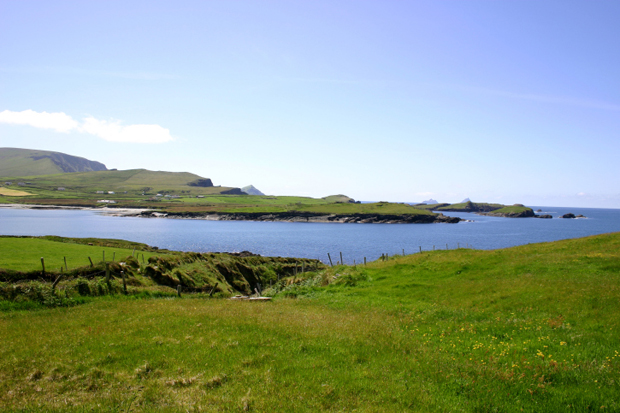
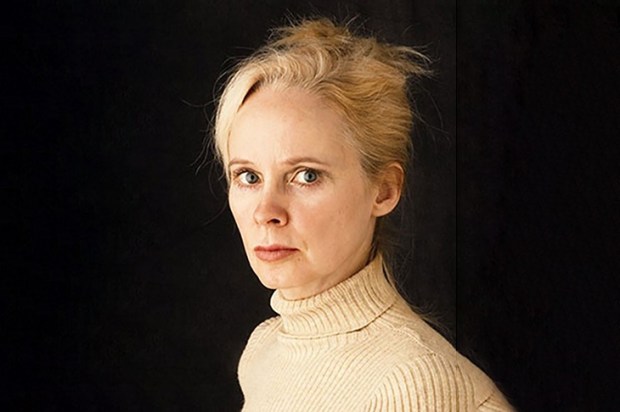
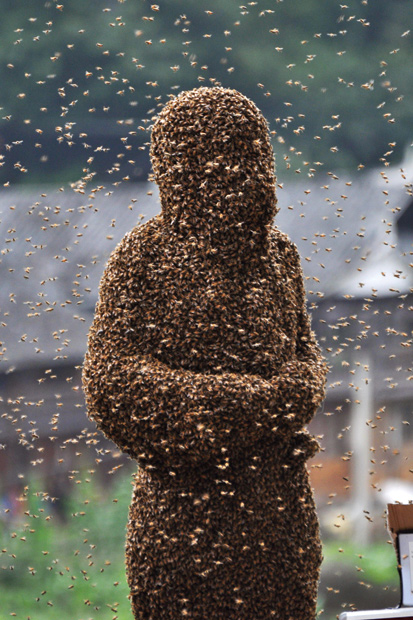

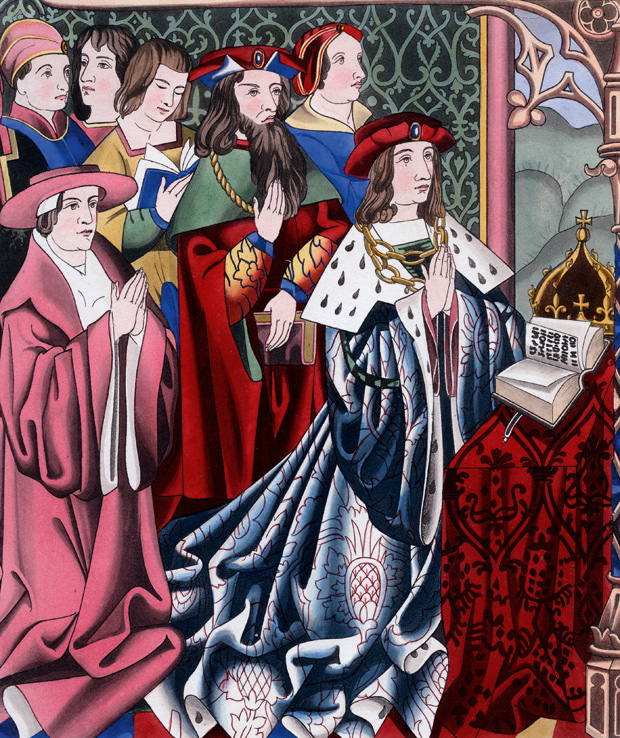
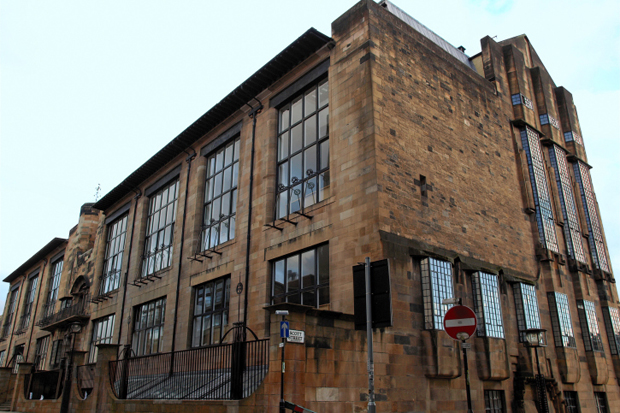
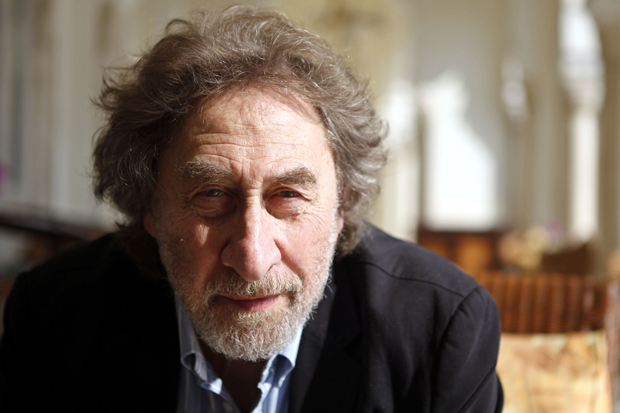






Comments
Don't miss out
Join the conversation with other Spectator Australia readers. Subscribe to leave a comment.
SUBSCRIBEAlready a subscriber? Log in